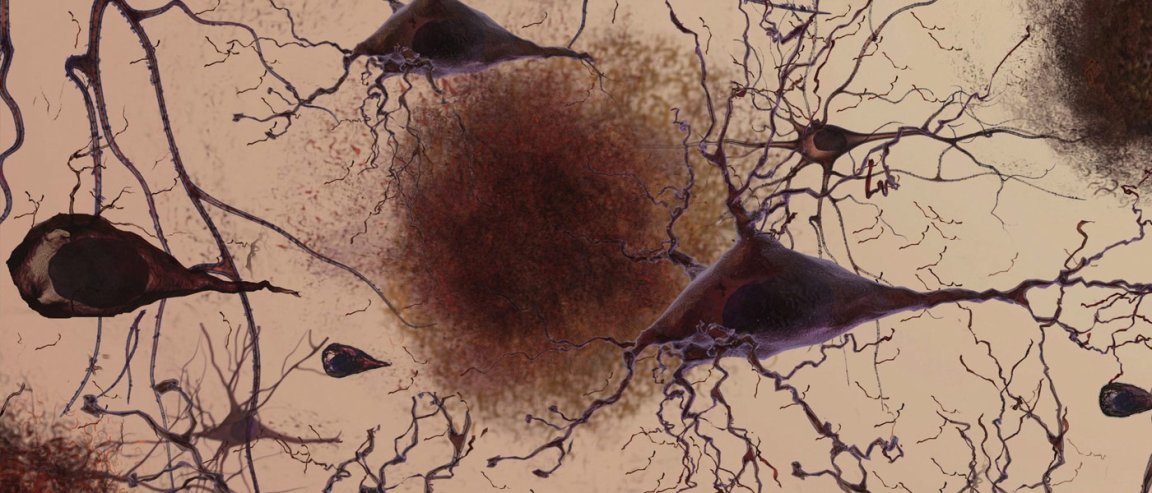
Scientists have discovered that the pain reliever mefenamic acid – usually given to help with period pain – has a notable side effect: it also reverses the symptoms of Alzheimer’s disease in mice.
Mice with symptoms of Alzheimer’s were treated with doses of mefenamic acid for one month, and their memory loss and brain inflammation completely cleared up.
If the same treatment can be translated to humans – although that’s a big if – then we could have a promising new treatment for Alzheimer’s disease on our hands.
A New Find
The team from the University of Manchester in the UK thinks the drug’s results could be due to a link between Alzheimer’s and inflammation in the brain – something that mefenamic acid helps to tackle.
“There is experimental evidence now to strongly suggest that inflammation in the brain makes Alzheimer’s disease worse,” said lead researcher David Brough.
“However, much more work needs to be done until we can say with certainty that it will tackle the disease in humans, as mouse models don’t always faithfully replicate the human disease.”
Mefenamic acid is the first drug to be discovered that targets a key inflammatory pathway called the NLRP3 inflammasome, which scientists think contributes to brain cell damage, among other health problems.
Many studies make use of lab mice to test drugs before human trials can get started, but it’s never a sure bet that researchers will be able to reproduce the same results from animal trials in testing with human beings.
One of the reasons mice are used in so much research is because they share a lot of genetic material with humans – up to 97.5 percent by some estimates. They’re also easy to handle and have short lifespans, which makes it easier to study successive generations more quickly.
But What About Humans?
But despite the similarity between genomes, more recent research suggests mice and humans differ in the way they regulate genes – and that might be one of the reasons why successful treatments on mice don’t always work in people.
Despite this, the researchers are hopeful of making progress with mefenamic acid on human Alzheimer’s patients. Plans for clinical human trials are already at an early stage, with scientists working on a proof-of-concept for human neuroinflammation.
The good news is that the pain reliever is already approved as a drug that’s safe for humans, which means it should be able to fast-track its way to testing on people for Alzheimer’s research.
“Testing drugs already in use for other conditions is a priority for Alzheimer’s Society,” said the Society’s Director of Research and Development Doug Brown, who wasn’t directly involved with the new study.
“It could allow us to shortcut the fifteen years or so needed to develop a new dementia drug from scratch.”
And those years could be crucial for the 44 million people across the world currently suffering from Alzheimer’s or a related form of dementia. Watch this space.
The findings are reported in Nature Communications.